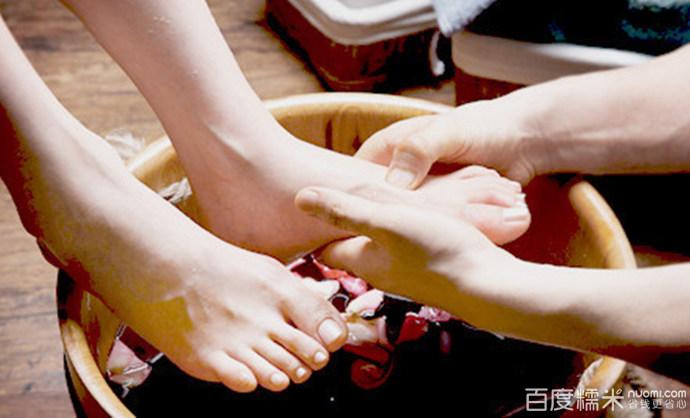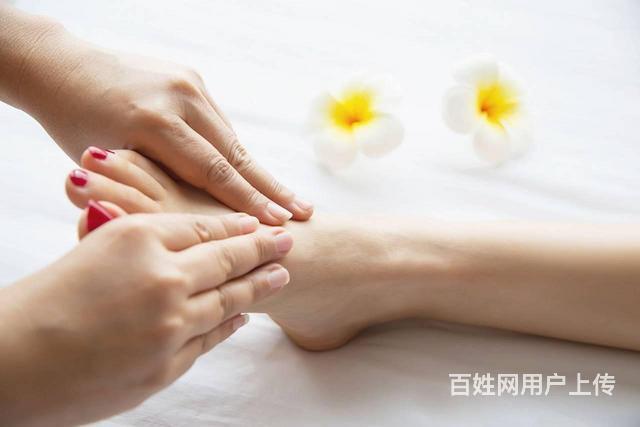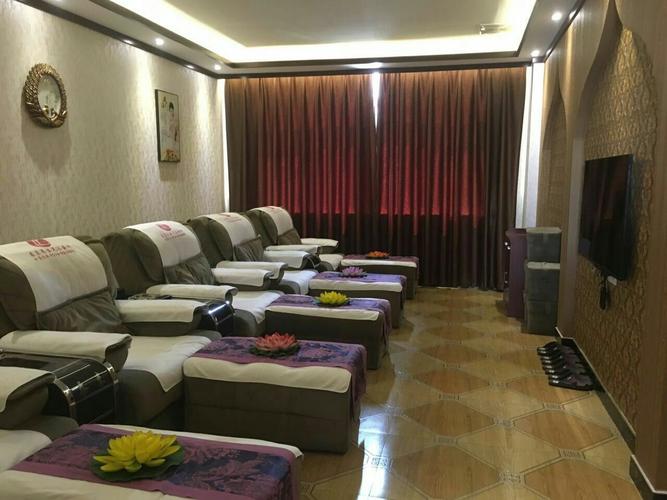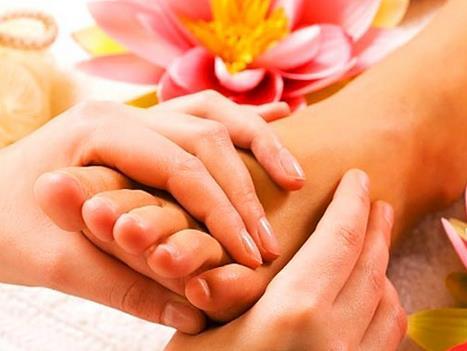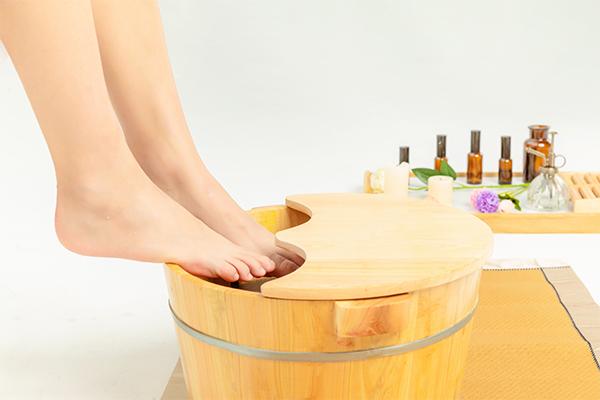Reflexology
Reflexology, an ancient practice rooted in the belief that different points on the feet, hands, and ears correspond to different organs and systems in the body, has garnered significant attention in modern holistic health circles. This therapeutic method traces its origins back to ancient Egypt and China, where it was used to stimulate healing and promote overall well-being.
The premise of reflexology lies in the principle that applying pressure to specific points—known as reflex points—can alleviate tension, improve circulation, and facilitate the natural healing process of the body. By targeting these reflex points, practitioners aim to restore balance within corresponding organs and systems, thereby enhancing both physical and mental health.
Proponents of reflexology suggest that regular sessions can not only relieve common ailments such as headaches, digestive issues, and insomnia but also contribute to long-term health benefits. The relaxation induced by reflexology may help reduce stress levels, which is known to have detrimental effects on overall health when chronic.
Moreover, reflexology is often sought after as a complementary therapy alongside conventional medical treatments. Its non-invasive nature and focus on stimulating the body's innate healing mechanisms make it an attractive option for individuals looking to augment their health care regimen with natural therapies.

Acupuncture
Similarly rooted in ancient Chinese medicine, acupuncture involves the insertion of thin needles into specific points on the body to stimulate nerve endings and promote healing. Acupuncture operates on the principle that these points, when activated, can regulate the flow of vital energy, known as Qi (pronounced "chee"), throughout the body's meridians or energy pathways.
Practitioners of acupuncture believe that illness and discomfort arise from disruptions or imbalances in the flow of Qi. By inserting needles into precise points along these meridians, acupuncturists seek to restore the harmonious flow of Qi, thereby addressing the root causes of various health issues rather than merely treating their symptoms.
The therapeutic effects of acupuncture extend beyond pain management to encompass a wide range of conditions, including but not limited to chronic pain, arthritis, anxiety, and even fertility issues. Research suggests that acupuncture may trigger the release of endorphins—natural pain-relieving chemicals in the brain—and modulate neurotransmitters that influence mood and immune function.
In recent years, acupuncture has gained recognition in mainstream medicine as an effective complementary treatment. Many healthcare providers integrate acupuncture into comprehensive treatment plans to enhance outcomes and alleviate side effects associated with conventional therapies.
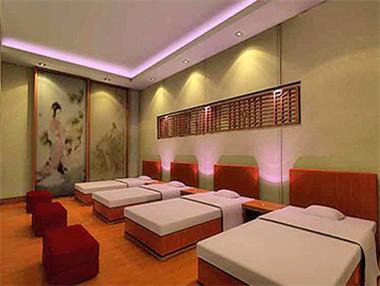
Integrative Approach
The synergy between reflexology and acupuncture lies in their shared philosophy of holistic healing. Both modalities prioritize the interconnectedness of body, mind, and spirit, viewing health as a dynamic equilibrium that requires nurturing and balance. While reflexology focuses on manipulating reflex points to stimulate systemic healing responses, acupuncture harnesses the body's energy pathways to facilitate self-healing and restoration.
When used in conjunction, reflexology and acupuncture can complement each other synergistically, amplifying their individual benefits. Reflexology's focus on the feet and hands harmonizes with acupuncture's broader application across the body's meridians, offering a comprehensive approach to wellness enhancement.
Moreover, both practices emphasize personalized care and the integration of lifestyle modifications to support long-term health goals. Practitioners often advocate for holistic self-care practices such as nutrition, exercise, and stress management alongside reflexology and acupuncture sessions to optimize therapeutic outcomes and promote overall well-being.
Conclusion
In conclusion, reflexology and acupuncture exemplify the transformative potential of ancient healing arts in contemporary wellness practices. Their holistic approaches not only alleviate symptoms but also foster a profound sense of balance and vitality. As awareness grows regarding the interconnectedness of physical, emotional, and spiritual health, these practices continue to play pivotal roles in promoting comprehensive well-being.
-u727du63.jpg)
By embracing the principles of reflexology and acupuncture, individuals can embark on a journey towards optimal health—one that honors the body's innate wisdom and capacity for healing. Whether seeking relief from chronic ailments or striving to enhance overall vitality, integrating these ancient therapies into a holistic wellness regimen offers a pathway to sustained health and wellness.
转载请注明:成都会所桑拿-四川成都休闲桑拿推荐论坛! » 足疗保健 » **The Art of Holistic Wellness: The Impact of Reflexology and Acupuncture**
版权声明
本文仅代表作者观点,不代表成都休闲网立场。
本文系作者授权发表,未经许可,不得转载。





